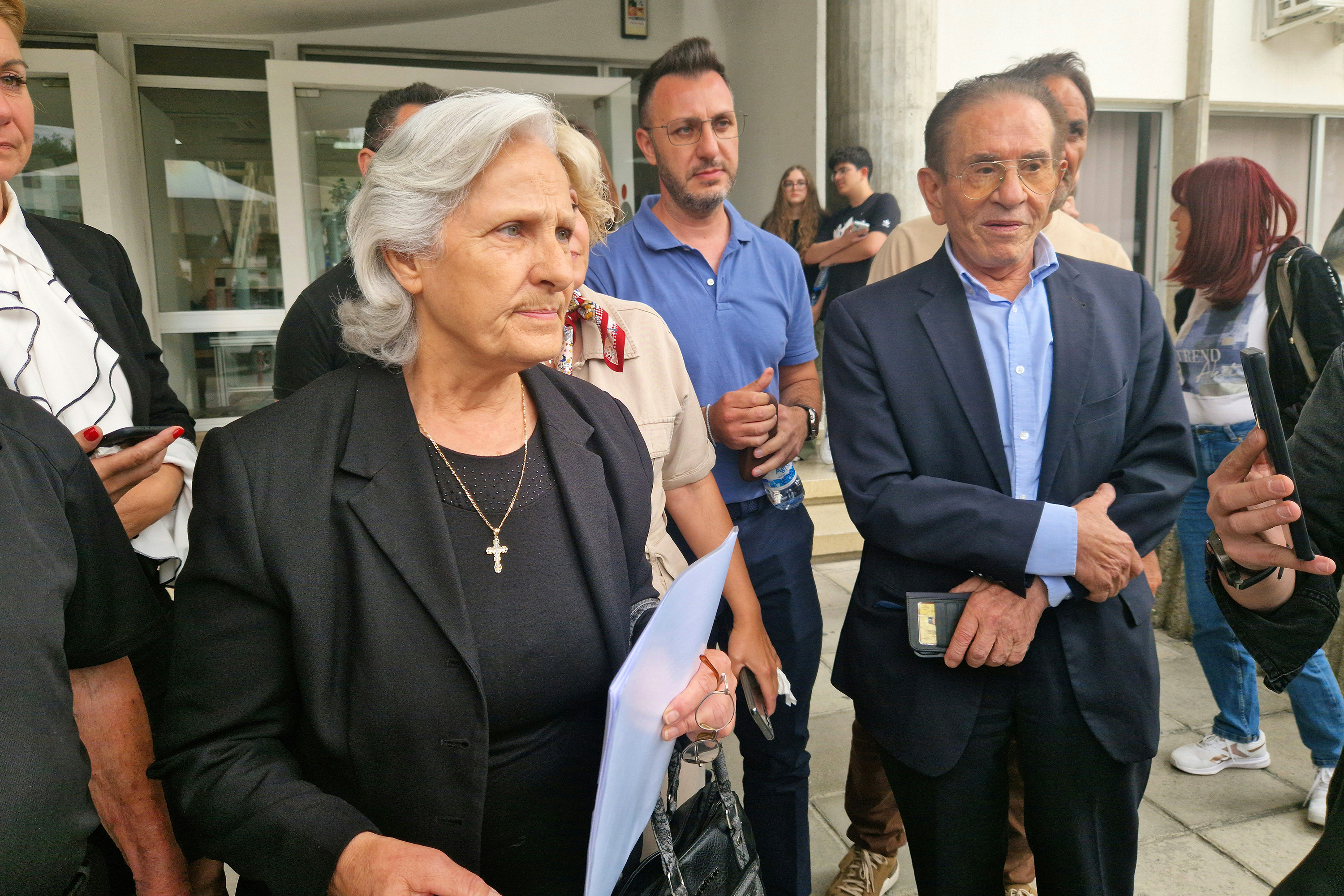After 19 years of investigations by police, forensic pathologists and lawyers, three death inquiries, applications to the Cyprus supreme court and the European Court of Human Rights (ECHR), a judge ruled that the death of national guardsman Thanasis Nicolaou, in September 2005 was not the result of suicide.
It is shocking that it took so long for the authorities to arrive at the correct conclusion, which would never have happened had it not been for the tenacious persistence of the young man’s mother, Andriana, who never gave up her fight for the truth regarding the circumstances of her son’s death.
The staggering incompetence of the investigations inevitably gave rise to widespread allegations of a cover-up in which forensic pathologists, police, the national guard and the Legal Service were implicated. All the failings of the investigations were documented in the 2020 decision of the ECHR, which noted that “the root of the problem lay in the initial police investigation which was marred by a number of significant shortcomings.”
The investigation was carried out by inexperienced police investigators, and “the line of investigation was limited, leading to oversights and, as many questions were left unanswered, a tenuous conclusion,” said the decision of the ECHR which also found the military investigation carried out was “superficial and limited in scope”.
The ECHR decision led to the exhumation of Thanasis’ remains and, after a new forensic report which found the cause of death to be strangulation, the attorney general appointed criminal investigators to look into the case again. They found criminal responsibility which led to the setting up last November of the third death inquiry that ended last Friday and concluded that the death was caused by strangulation.
Was this a cover-up from the beginning, the authorities all working to together to protect well-connected individuals who were involved in the crime. Another possibility was that the authorities’ overriding concern was to cover up the sheer incompetence of the original investigation – also highlighted by the ECHR – and the shoddy way in which it concluded that the death was suicide. The adversarial approach taken by the lawyers of the state at the third inquiry, persisting with the ‘suicide’ explanation would suggest the authorities did not want the opening of criminal investigation.
Now the inquiry has concluded that a crime had been committed, there will have to be a new investigation to find the perpetrators of the crime. Whether this will be possible, after 19 years, without much evidence available is questionable. And who would the council of ministers appoint to carry out this criminal investigation?
The Nicoalou family’s lawyer argued that any involvement by the attorney-general would be unacceptable, as his office maintained that the cause of death was suicide. Others appearing in the media have argued that the police cannot be trusted after the bungled earlier investigations, which indicated they were either involved in a cover-up or not up to the job.
A decision about a new investigation needs to be taken soon, and it must be conducted by highly competent investigators, if there is to be any chance of finding those who caused Thanasis’ death and bringing them before justice. It is the least the Nicolaou family deserves after their disgracefully appalling treatment by the authorities.







Click here to change your cookie preferences